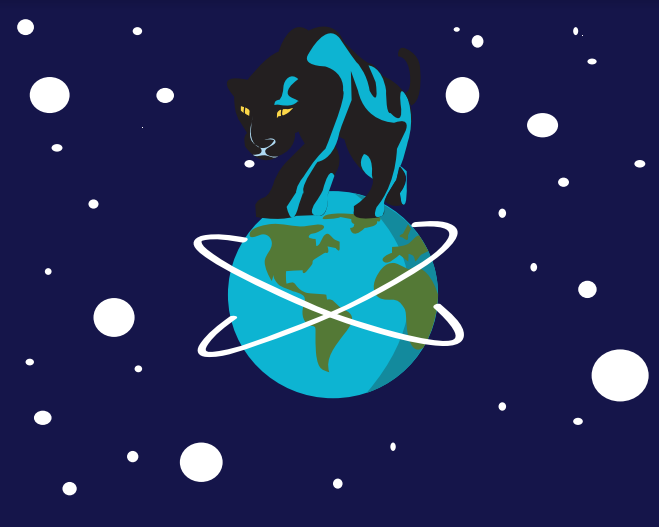Earth Day, Day 6: Climate Change…Are We In Hot Water?
What is climate change and how are we responsible?
April 20, 2019
Climate change reflects the major differences seen in weather patterns over an extended period of time. Many today debate whether humans cause climate change or if weather patterns actually change naturally.
One type of climate change that currently affects the Earth is Global warming. According to The Intergovernmental Panel on Climate Change, as of right now Global warming causes the Earth’s temperature to be 1.5 degrees Celsius above the average it was at for the past 100 years.
The Union of Concerned Scientists convey their apprehensive thoughts on global warming, with opinions that state that it may lead to a rise in sea level and an increase in coastal flooding, as well as a possible increase in the number of wildfires seen around the world.
National Geographic states that over 100,000 wildfires occur each year in the U.S. clearing four to five million acres of land a year. This potential increase in wildfires would not only ruin parts of the ecosystem and everything that it maintains but it will also ruin homes, and possibly take human lives in the process.
The melting of icecaps and glaciers occur due to an overall rise in global water temperature, which increases the sea level.Current estimates predict that sea level will rise 6.6 feet by 2100. If the sea level continues to rise, it has the potential to damage homes and cities. We will see the same effect with coastal flooding as well.
With a rise in sea level and and an increase in wildfires being the possible effects of climate change if it continues, how are we responsible?
Human activities, over this past century, have released large amounts of carbon dioxide and multiple other greenhouse gases into the atmosphere. The fossil fuels we burn, to create our energy, release the majority of these gases.
Greenhouse gases trap energy into the atmosphere, eventually turning it into heat. Though this is needed to support life on Earth, scientists worry that the increase in greenhouse gases, and the heat it creates will have detrimental effects on the planet, the life it supports and the welfare of the ecosystem.
“So the more greenhouse gasses that get stuck in earth’s atmosphere cause the earth to heat up. This causes glaciers to melt which causes sea levels to rise, which makes people who live on the coast move inland out of fear, and then wildfires happen and people die and it’s all just one big circle,” Sophomore Juliana Medina said.
Some of the proposed ways to put an end to global warming and climate change are: reducing the use of fossil fuels, planting more trees, reducing human waste and conserving water. Though all of these are probable, reducing the number of fossil fuels humans use will be tough considering it is used as fuel for airplanes and cars, used to make certain medicines, plastics and synthetic materials and can even be found in toothpaste.
Though one person alone cannot put an end to climate change, scientist recommend the following: living without a car, avoiding trans-Atlantic flights and eating a plant based (mostly vegetarian) diet.

